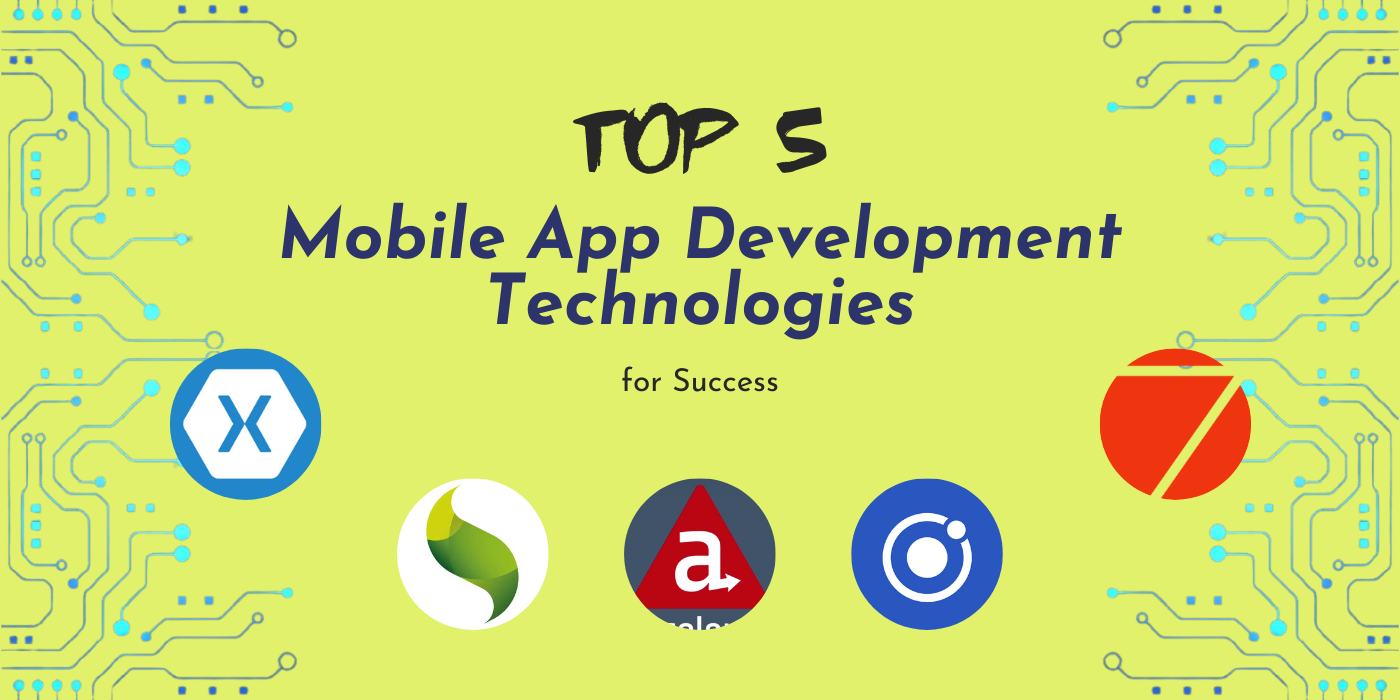In the constantly changing realm of mobile app development, selecting appropriate tools is crucial for the success of your application. A thorough research process is essential in making an informed decision. To simplify this, we’ve compiled a list of top mobile app development service technologies, each possessing unique features and strengths.
Xamarin: Empowering Native App Development
Xamarin stands out as the go-to choice for building native applications. As a Microsoft product, it ensures a secure environment against service disruptions, security threats, and technological updates. With over 1.4 million developers using Xamarin, building your mobile app development team is made more accessible.
Key Features of Xamarin:
- Mono framework provides 100% exposure to native APIs for complete device capability utilization.
- Platform-specific IntelliSense for simplified coding.
- Application indexing and deep linking capabilities.
- Seamless build, test, deploy, and sustain cycle using the C++ programming language.
Sencha: Accelerating Mobile App Development
Sencha is ideal for rapid mobile app development, offering compatibility with the latest iOS, Android, and Blackberry versions. This MVC-based JavaScript framework enhances responsiveness, making it a cost-effective choice for enterprise applications.
Key Features of Sencha:
- Over 115 fully supported components are integratable with various frameworks.
- Commercially supported UI devices for menus, toolbars, and lists.
- End-to-end testing solution for Ext JS.
- Single code paradigm across all components.
Appcelerator: Streamlining Cross-Platform App Development
Mobile app development companies favour Appcelerator for building both native and cross-platform applications. Known for its efficiency, it requires fewer lines of code, supports platform-specific features, and provides access to an open mobile marketplace for templates and extensions.
Key Features of Appcelerator:
- Development in JavaScript, tapping into a widely used programming language.
- Fully native applications utilizing device capabilities.
- 60-90% code reduction across multiple platforms.
- Direct access to platform-specific API using JavaScript.
Ionic: Enhancing Hybrid App Development
With its complete open-source SDK, Ionic is widely used for building hybrid applications using CSS, HTML5, and SASS. Automation capabilities simplify the delivery of updates, bug fixes, and content changes without the need for particular expertise.
Key Features of Ionic:
- Update application seamlessly without MDM approval or waiting for app store approval.
- Workflow automation from native binary builds to QA.
- Cloud-based creation of native app binaries with Ionic package.
- Industry-specific defaults and pre-built workflows for automated development tasks.
Framework 7: Crafting Native iPhone Applications
Primarily designed for native iPhone applications, Framework 7 now offers support for Android applications as well. This open-source, mobile HTML framework streamlines the development of native applications with its iOS-focused approach.
Key Features of Framework 7:
- Simple HTML structure with attached CSS framework and JS files.
- iOS-specific UI elements, animations, and touch interactions.
- Ready-to-use UI components and widgets.
- Support for iOS swipe-back action and custom styling.
Choosing the proper mobile app development tools is only possible with a clear understanding of your requirements. Before embarking on your search, define your needs and compare them with the features of the tools. Consider consulting a reliable mobile app development service specializing in UI UX design and custom application development for a more comprehensive understanding.





